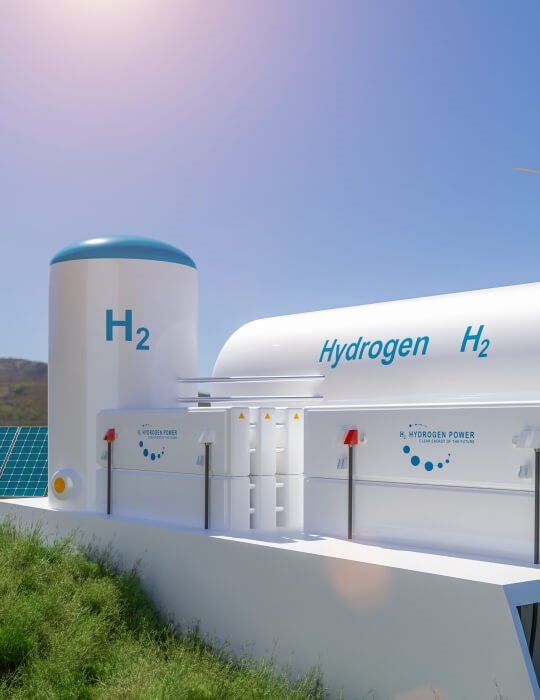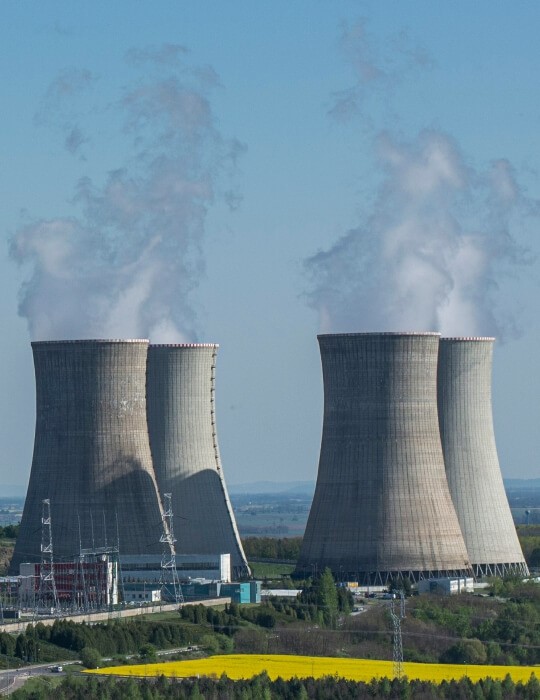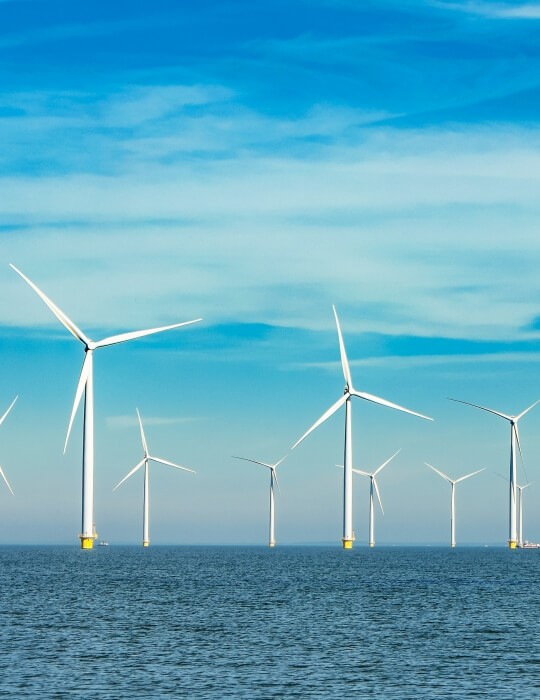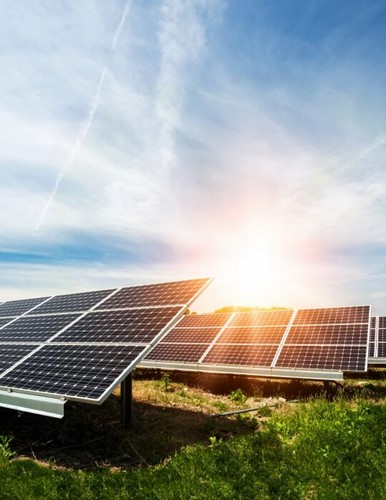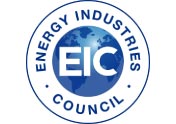WHY LOUISIANA?
Louisiana is supporting vital oil and gas interests while pursuing hydrogen, solar, wind, alternative fuels, electric vehicle battery and CO2 emissions-reduction projects. The state is reinforcing its critical role in the global liquefied natural gas (LNG) supply chain as well, including hosting the largest LNG export terminal in the U.S.
The strategic support is working because Gov. John Bel Edwards makes balancing the complexities a priority.
The state is taking concrete steps towards meaningful implementation of 84 policy-specific actions in its Climate Action Plan. Drawing a path to net zero emissions, the plan lays evident that the economy of the future will be powered by renewable energy.
Louisiana’s location, geographic features, robust infrastructure and low-cost business climate make it a natural fit, and its skilled energy and offshore workforce add another unique advantage.







